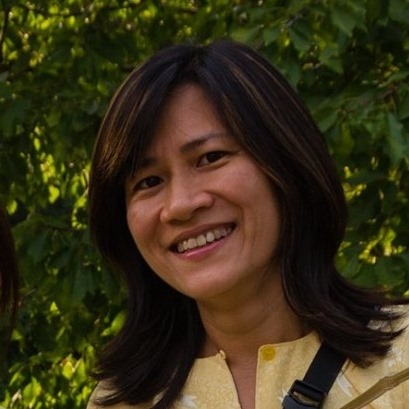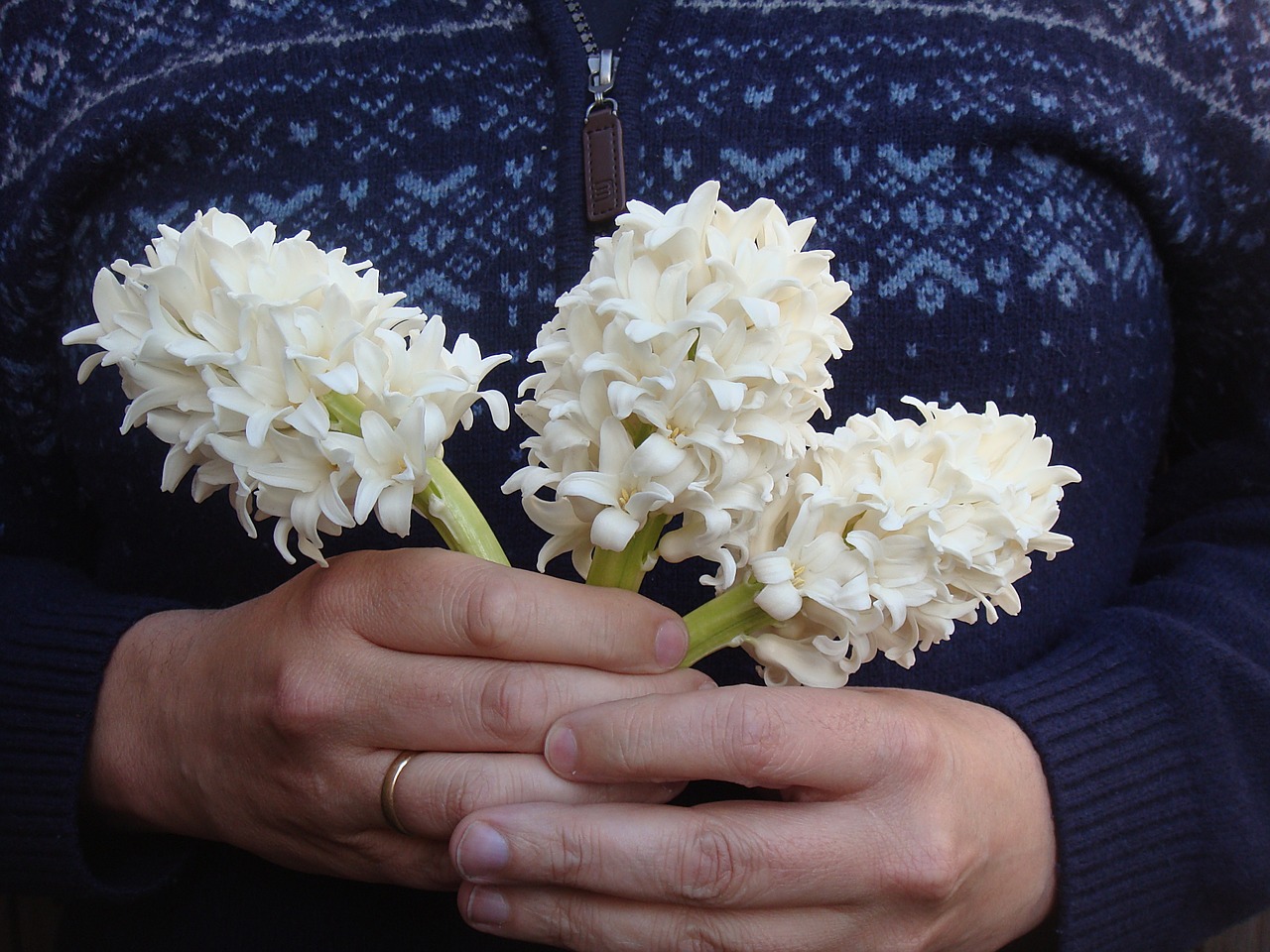Mindfulness and forgiveness
When we don’t live mindfully, we are unlikely to be able to forgive, ourselves and others.
“After my separation, I was full of despair and bitter feelings about my ex-partner”, said Helen. “We had separated, but he seemed to be present every moment in my house, and in my mind”.
Not only her. Have you had a difficult conversation with your colleagues? A dispute with your mother-in-law? Or someone did not recognize enough of your effort?
Most likely, we face everyday situations of injustice. And our mind seems to ruminate these unpleasant thoughts for days, even for months. The more we analyze the situation, share it with others, justify ourselves, the more we seem to be lost in it. The situation seems to be worse, and more complicated than ever.
Someone may advise you: “Let’s forgive, and let go”. Forgive, yes. This word sounds easier said than done. How to forgive, to let go, when your mind and your heart are still as heavy as a stone?
There is a mindful way to it. Read further and learn 3 reasons why living mindfully allows you to forgive.
1. Live mindfully helps find the sleeping child in us
Observe a child sleeping. You see the tenderness, sorrows, or hope emanating from her. Her breath, smile, or cries during a dream touch you profoundly.
We are too, like this child. Full of anger, frustration, but also hopes, and joys. All these feelings can only be observed when we let ourselves being observed, as when we were sleeping.
Above all, give yourself a moment of the day. Sit down, breathe mindfully, and observe your mental formations. Without analyzing. Without being lost in it. Do as when you observe someone else, who is suffering.
When we are able to observe mindfully our feelings and thoughts, something changes profoundly in us. We suddenly realize that these thoughts can come and go, like your breath, in and out at each second. Don’t you find that too?
Most importantly, we realize that we cannot change the external world, the persons we are dealing with, or the difficult situation.
But there is one thing we can change. Our own thoughts about them. In Man’s Search for Meaning, one of my favorite books, Viktor Frankl witnessed the most painful circumstances. In the Nazi concentration camp, the prisoners had no freedom but their own thoughts. Those who succeeded in maintaining hopes, and seeing the meaning in their sufferings, survived.
There is one thing we can change. Our own thoughts.
2. Live mindfully allows choosing ‘peace of mind’ over ‘being right’
“She did me a lot of wrong. And and she does not recognize it. How can I forgive her?”
You might have heard this reasoning more than one time. Why do we have difficulties in forgiving someone? Because we think it is important to find out who is “right” or “wrong”. We must prove that we are right. Others must recognise that we are right. Then we can forgive them.
But when we observe mindfully our mentality, do we think it is so important to be “recognized” by others as being right or wrong? It does not matter anymore. We can find peace without it. Only our inner joy counts.
What is the nature of joy and happiness? According to an old tale, Buddha was a prince pursuing pleasures. But one day, he realized that pleasures were not the same as true happiness. How can we come into contact with true joy and happiness at each moment of our life?
With mindful meditation, we learn to observe our mind. We learn to cultivate our compassion towards ourselves and others. And we can forgive. That is what Thich Nhat Hanh called the “art of happiness”.
“A recent study surveyed 94 adults who had been cheated on by their partners. They found a correlation between traits of mindfulness and forgiveness. In other words, it can be said that the more you practice mindfulness, the more you strengthen your capacity for forgiveness” (Mindful).
“Forgive others, not because they deserve forgiveness, but because you deserve peace”, said Jonathan Lockwood Huie. This reminder helped me more than once. And you?
“Forgive others, not because they deserve forgiveness, but because you deserve peace” – Jonathan Lockwood Huie
3. Live mindfully to offer others our own happiness
“I love my children. And often, what occupies my mind is: “How to offer them the best. Best education, best care, best conditions, best toys…”, my friend Napa told me.
Maybe one day, when she learns to live more mindfully, she would know that the best thing she can offer those she loves, is her own happiness. Sit mindfully, eat mindfully, walk mindfully, cook mindfully, we feel joy from the inside. And the way we talk to our children, the subjects we tackle with them will be a gift. They would not be bitterness, a story of separation, or an unconscious blaming. Because we find our peace of mind. And because we forgive, our children will, too.
“The best thing we can offer others is our own happiness”
– Thich Nhat Hanh–
We face everyday situations of injustice. And the more we analyze and justify ourselves, the more we seem to be lost in it. Forgiveness seems to be more difficult than ever. But learn to forgive is learning the art of mindful living. Mindfully find the sleeping child in us, to know that peace of mind is more important than being right. And that the best thing we can offer others is our own happiness. Practice today, and see how it changes your world.
Read more:
7 easy mantras to cultivate joy and mindfulness
Happiness – The day you feel good alone
3 things that prove you have self-compassion and how it helps with mindful living


